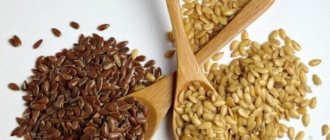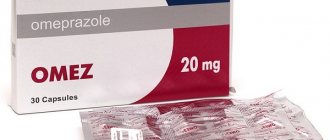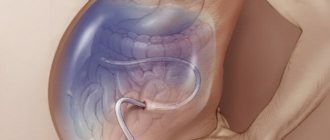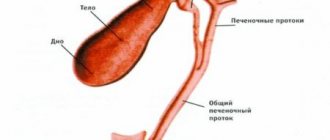Erosive gastritis is a companion to the modern lifestyle. A person increasingly becomes a hostage of circumstances and builds his daily routine not in accordance with the needs of the body, but in accordance with the requirements of his superiors, family and other circumstances.
During adolescence, children have an increased risk of gastritis.
Teenagers, too, are beginning to live earlier and earlier according to the same rules: they leave home early in the morning, grab some bread in the cafeteria, after school they go to tutors, to extra classes or to the sports section, without ever finding time to eat properly.
Not only poor nutrition leads to problems with the gastrointestinal tract. The list of reasons is extensive and covers almost all areas of the life of a modern child.
Gastritis in a teenager, symptoms and treatment - these are not at all as obvious questions as it might seem. They are becoming relevant in more and more attentive families. Parents understand how difficult it is to stay healthy in a frantic pace of life and strive to predict problems and minimize the consequences.
The causative agent of the disease is the bacterium Helibacter piloti. It is never possible to say exactly where it comes from in the body. Doctors have only compiled a list of factors that place a teenager at risk.
Features of childhood gastritis
Children's gastritis is an inflammatory disease, the main impact of which falls on the gastric mucosa. In pediatrics, the disease in question is one of the leading diseases in terms of relevance. There is a critical age period when a child’s body is at risk of developing gastritis. It is believed that children aged 5-6 years, as well as 10-15 years old, are most vulnerable to the disease. It is at this time that the most active growth and development of the body occurs. The disease can also develop in children under one year of age due to frequent changes in formula, overeating, and improper complementary feeding.
Previously, the disease was divided into two forms: with high and low acidity. Now the clinical types of gastritis have changed.
So, experts identify several main forms:
- Infectious gastritis in children is considered the most common form. Due to Helicobacteriosis infection, there is an overactive process of gastric juice production, which leads to increased acidity.
- Type C gastritis is a type of gastritis in which bile is released back from the duodenum. This form is found in 10% of young patients.
- Chronic gastritis. This form is inherited.
- Acute gastritis. Occurs as a result of a strong irritant penetrating the stomach.
- Viral gastritis. During an acute illness, signs of intoxication appear.
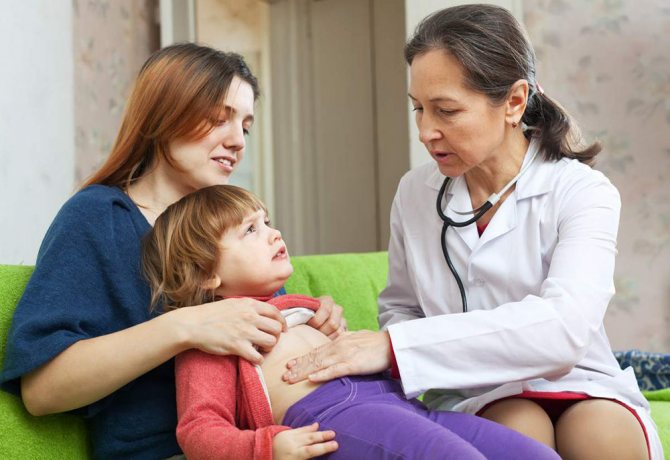
Symptoms of acute infectious inflammation
In the case of acute infectious gastritis, symptoms appear more pronounced and very quickly - within a few hours after infection:
- severe stomach pain;
- burning in the esophagus;
- bowel dysfunction;
- increased salivation;
- feeling unwell, lethargic;
- heartburn, sour belching, unpleasant aftertaste;
- loss of appetite, constant nausea;
- prolonged vomiting (possible vomiting of blood);
- elevated temperature.
Pain can occur on an empty stomach or after eating, and can be constant or paroxysmal.
Common causes of gastritis
Before treatment, it is necessary to find out what reasons provoked the development of this disease in the child. The fight should be aimed at eliminating them, only then will it be possible to completely cure the patient. Like any other disease, gastritis does not appear in a child just like that. There are 8 known causes of the disease in childhood.
- Stressful situations negatively affect the functioning of the gastrointestinal tract.
- Poor nutrition and consumption of fast food lead to severe irritation of the mucous membrane.
- Overeating provokes the fermentation process, since the food does not have time to be completely digested. As a result, negative microflora and inflammatory processes are formed.
- Food poisoning.
- Frequent, long-term medication use.
- Various acute and chronic diseases, stomach trauma, kidney diseases, biliary tract diseases, diabetes mellitus, nephritis, pancreatitis, sinusitis, hepatitis, respiratory infections and other diseases.
- Genetic predisposition.
- The microbe Helicobacteriosis enters the stomach, causing an inflammatory process.
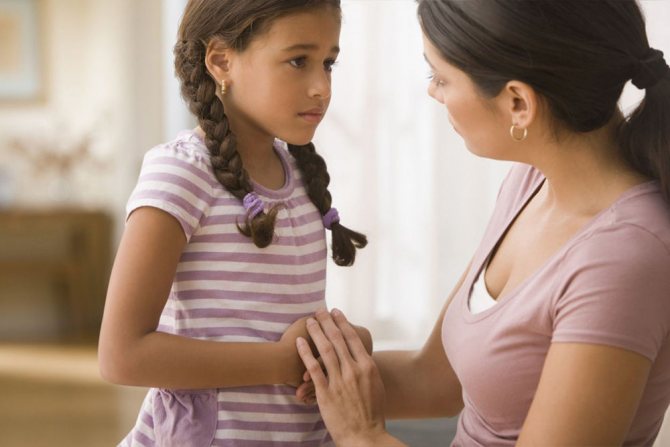
Main causes of pathology
Inflammation of the stomach, in which bleeding surface areas form in the mucous membrane, is considered a fairly serious disease among all pathologies of the organ. According to statistics provided by WHO, over the past decade the number of cases of the disease has increased 10 times!
The most common group of patients with hemorrhagic and erosive inflammation of the mucous membrane are people who systematically take non-steroids, hormonal drugs and patients with chronic alcoholism.
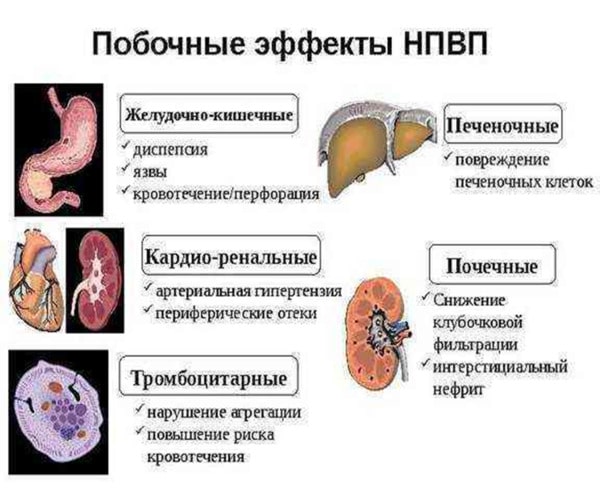
The following reasons lead to hemorrhagic inflammation:
- Long-term or uncontrolled use of certain medications - NSAIDs, corticosteroids, antiplatelet agents, anticoagulants.
- Consumption of poor quality food.
- Infections, including Helicobacter.
- Systematic exposure of the mucous membrane to irritating factors - the habit of too hot, spicy and rich food, irregular nutrition.
- Working in hazardous conditions, smoking.
- Psychogenic factors - chronic stress, sudden shocks.
In the acute form of the disease, the hemorrhagic component can be associated with massive food or toxic poisoning.
Interesting! An erosive-hemorrhagic type of stomach inflammation is often observed in patients with Munchausen syndrome, a mental illness in which a person persistently finds illnesses, the symptoms of which are not confirmed during examination.
Symptoms of mucosal inflammation
If gastritis is detected at an early stage, it is much easier to prevent its subsequent development. Therefore, parents need to familiarize themselves with the symptoms that indicate the presence of this disease. Suspicion should be caused by lethargy, apathy of the child, increased salivation, a feeling of overeating, flatulence, chills, and fever. During this period, he becomes capricious and may refuse his favorite entertainment.
Gastritis can be indicated by nausea, vomiting, changes in complexion, the appearance of dark circles under the eyes and coating on the tongue. Due to constant abdominal pain, the child’s appetite sharply decreases, belching, constipation and even diarrhea appear.

The above symptoms cannot clearly indicate the presence of gastritis, since there are many diseases that have similar symptoms. Only a doctor after an examination can confirm gastritis in a child.
Symptoms and examination
Of course, everything can be cured if the problem is diagnosed in time and measures are taken.
Gastritis is a disease with fairly obvious symptoms that can be determined without the participation of specialists, provided that the child is carefully monitored. Its main symptoms:
- abdominal pain and feeling of heaviness;
- decreased appetite;
- belching;
- unpleasant taste in the mouth.
Pale skin and a white coating on the tongue can also be a signal of trouble with the gastrointestinal tract. On the other hand, relying only on subjective childhood sensations is not very reliable. Often preschool children are not able to correctly talk about their condition, which makes diagnosis difficult.
Therefore, it is important to contact a doctor in time, who will prescribe the necessary tests and studies for the child. Which ones exactly?
- Ultrasound of the abdominal cavity (liver, gall bladder, pancreas);
- gastroscopy;
- blood chemistry;
- stool analysis for dysbacteriosis;
- blood test to determine antibodies to the causative agent of gastritis - Helicobacter pilori.
Diagnosis of gastritis
Modern medicine allows for a thorough diagnosis and identification of gastritis in children for further quality treatment. A comprehensive examination includes gastroscopy. This method is an endoscopic examination, during which a special probe is placed into the child's stomach to monitor changes in the mucous membrane. Parents are also offered to use an ultrasound examination or use a blood test, stool test, or a breath test to determine Helicobacter.
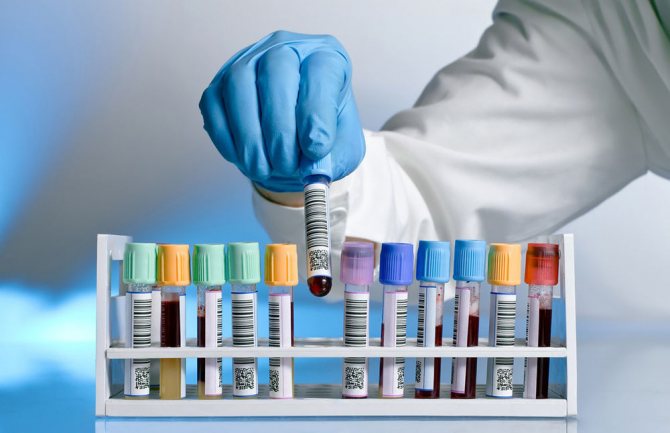
Gastritis in children clinical recommendations
If you suspect gastritis or your child has been diagnosed with this, you must strictly adhere to the recommendations for treatment and nutrition. The digestive system is the first link in providing the body with necessary substances, vitamins and minerals. Under no circumstances should the operation of this mechanism be left to chance.
The mucous membrane of the gastrointestinal tract is completely permeated with blood vessels. Any stress and nervousness greatly spasms them. Pay attention to your child’s mood and support him. Neither excellent school performance nor outstanding sports results are worth lost health. Be sure to visit the clinic and take all the necessary tests. Establish a strict daily routine.
Do not neglect the diet for gastritis in children. Don't follow your child's lead and don't give him junk food. Walk more often and, whenever possible, teach your child to play sports.

Gastritis is less common in children than in adults
Drug therapy must be carried out completely; do not throw away the pills after a slight improvement. All these measures will help your children quickly get rid of gastritis and not suffer from it in the future.
Treatment of gastritis
For acute gastritis, doctors prescribe home treatment, recommending that the child be kept in bed for 2-3 days. Treatment consists of frequent drinking of warm, weak tea in small portions, switching to fractional meals, and avoiding unhealthy, rough foods.
In severe cases of the disease, gastritis in children is treated in a hospital. The child's stomach is washed and anti-inflammatory drugs are prescribed.
If treatment for childhood gastritis is ignored, the child develops a dystrophic change, the number of gastric cells decreases, and a change in gastric juice is observed. After this, the formation of atrophy of focal mucosal cells occurs, and then this process passes to the glands.
Home medication treatment
How to treat gastritis in children will be explained to parents by doctors who will initially eliminate the pain syndrome in the child. For this purpose, antispasmodic and painkillers are prescribed. Children from 6 years of age are prescribed No-shpa tablets, and from 10 years of age this remedy is recommended in the form of injections.
To reduce the production of hydrochloric acid, adolescents are prescribed Omeprazole; the drug is suitable for children from 12 years of age, as it does not have a negative effect on the body during puberty. Young patients are also prescribed Phosphalugel, which helps reduce the effect of hydrochloric acid on the walls of the stomach. This drug is intended for children from birth. Schoolchildren over the age of 14 can be prescribed Almagel.
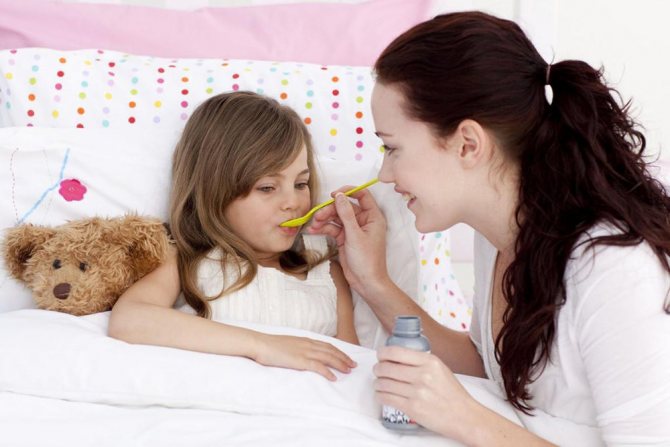
To combat Helicobacter pylori infection, a child must take antibacterial medications. The most common drug prescribed by doctors is Amoxicillin. The product is in the form of a children's suspension. After successful treatment, children are recommended physical therapy, including laser sessions and ultrasound procedures.
Home treatment using traditional medicine
Traditional medicine will also help in the fight against childhood gastritis. To treat a child, infusions of calendula flowers, mint, St. John's wort decoction, and aloe juice are used. To eliminate the baby’s nervousness during illness, you can use infusions of oregano, motherwort, and valerian.
Symptoms of chronic inflammation
Symptoms of chronic infectious gastritis are less pronounced or completely absent. However, this form of the disease is more dangerous than the acute one. The reduction in symptoms is due to the course of the disease with low acidity (hypoacid gastritis) and other reasons. The danger of the chronic form lies in the atrophy of the walls of the stomach, which, if left untreated, is likely to lead to cancer.
The symptoms of the disease are as follows:
- stomach discomfort, poor appetite;
- digestive disorders;
- increased salivation;
- specific odor from the mouth;
- exhaustion of the body and others.
As you can see, the manifestations are the same as in acute inflammation, but less pronounced. Pain may be mild or absent. With a long course of the disease, weight loss occurs and the body becomes depleted.
Prevention of mucosal inflammation
To exclude childhood gastritis, you need to take care of disease prevention. To do this, teach your child to follow some rules:
- do not eat on the go;
- maintain a daily routine;
- avoid overeating;
- eat fresh, warm food;
- eat small meals;
- give up fatty, fried foods.
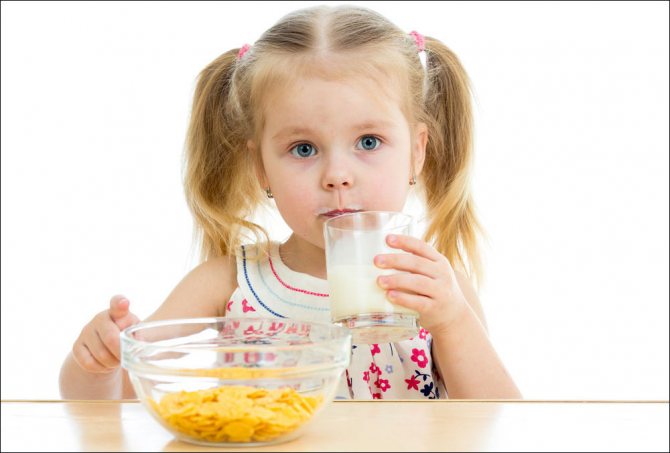
Children's bodies react differently to the disease; for children who are 4 years old and 7 years old, the treatment will be prescribed differently. Therefore, when the first signs of the disease appear, you should not self-medicate; you should consult a specialist. Only timely detection of the disease, proper treatment and proper nutrition will allow the baby to fully recover.
It is important to understand that refusal of treatment will lead to serious complications, including the appearance of ulcers and gastric bleeding.
Parents should show their child by example that only a healthy lifestyle, a balanced diet, personal hygiene and giving up bad habits will help him be healthy and never know what gastritis is. But even after experiencing this disease, it is not too late to start changing your lifestyle. Take care of your children's health!
Physical procedures
Electrophoresis is recommended among physiotherapeutic procedures for children with gastritis. This eliminates pain and promotes regeneration of the gastric mucosa. In addition to basic therapy, physical therapy and breathing exercises are useful. For better control of the disease, the child should be registered with a dispensary, especially if the disease is chronic. Treatment is carried out in courses twice a year (autumn and spring). Outside of exacerbations, you can visit specialized sanatoriums, boarding houses, and resorts.
General concepts about prevention
Prevention of chronic gastritis for adults and children involves preventing pathological processes in the mucous layer of the stomach. This presupposes compliance with general prevention standards, including comprehensive sanitary surveillance measures. In catering organizations, control over the preparation of food, the cleanliness of kitchen utensils, and compliance with sanitary hygiene standards by food service workers is necessary.
People working in catering and grocery stores must undergo regular medical examinations.
In children's educational institutions, sanitary and educational work should be carried out, the purpose of which is to prevent infectious diseases and explain the need to maintain food hygiene.
Important information: What medications are prescribed for gastritis with high acidity
Preventive measures
Gastritis prevention is as follows:
- A balanced diet, which implies the presence of proteins, fats and carbohydrates in the required quantities.
- Food products must undergo thorough heat treatment. Vegetables, herbs and fruits must be washed under running water before consumption. Perishable foods should be stored in the refrigerator no longer than they should be.
- You should adhere to your diet. Eating should occur at certain hours. Long breaks between meals should be avoided. It is necessary to exclude snacks on the go, dry food. The products consumed must be of good quality. Soups and broths are recommended once a day. The evening meal should take place no later than 3-4 hours before bedtime.
- It is necessary to treat caries in a timely manner and eliminate chronic infection.
- The presence of a chronic inflammatory process in the nasal sinuses, tonsillitis, cholecystitis, pancreatitis, hepatitis can trigger the development of gastritis. Cardiovascular pathologies and endocrine diseases disrupt the trophism of the stomach and suppress gastric secretion.
- The secretory and motor activity of the stomach directly depends on the mental and emotional state of a person. For this reason, overwork, negative emotions, and nervous breakdowns should be excluded.
- To avoid allergic gastritis, it is necessary to eliminate allergenic foods from daily consumption, as well as medications that can cause dyspeptic disorder.
- Toxic effects on the stomach should be avoided, toxic substances, concentrated acids and alkalis should not be allowed to enter the stomach, and pharmaceutical drugs should not be taken in large quantities unnecessarily.
- For preventive purposes, fatty, smoked, and spicy foods should be excluded from the diet. Marinades, sauces, mayonnaise, and spices should be present in small quantities. You should not overuse fried foods.
- Prevention of gastritis requires changing professional activities associated with coal or silicate dust, alkaline vapors.
- It is important to observe the temperature regime. Food consumed should be at room temperature. It is also very important to chew your food thoroughly. This will ease the load on the stomach and the digestion process.
- As you age, your body produces fewer enzymes needed to digest food. For this reason, you should introduce more fresh herbs, vegetables and dairy products into your diet.
- It is recommended to give up bad habits - smoking and drinking alcohol.
- Chronic gastritis requires regular follow-up with a gastroenterologist. Prevention of gastritis as a warning involves regular clinical examinations and anti-relapse courses of therapy 1-2 times a year. Treatment in special sanatoriums and resorts is recommended.
- A healthy lifestyle (regular exercise, good sleep, lack of excess weight and a balanced diet) will prevent not only gastritis, but also many other diseases.
Important information: Diet for weight loss and how to gain weight with gastritis
